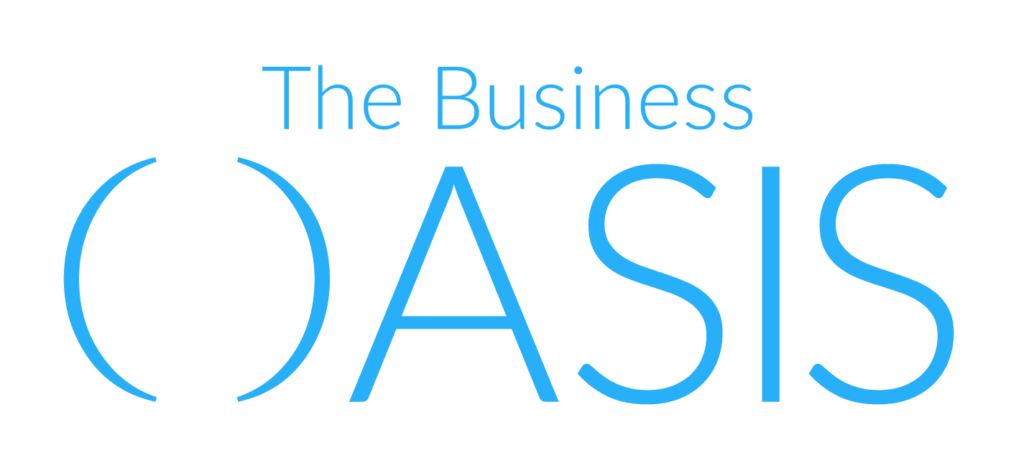Getting Ready for EOFY: Essential Preparations for Small Businesses
As the financial year comes to a close, small businesses are presented with an excellent opportunity to review their financial health, optimise their tax positions, and plan for the future. The End of Financial Year (EOFY) is a critical milestone that requires careful preparation to ensure a smooth transition into the new financial year. In this blog, we will outline some key steps that small businesses should consider before the EOFY, and how seeking guidance from a bookkeeper or professional can help streamline the process. If you have any questions or need expert consultation, don’t hesitate to reach out to us or your trusted bookkeeper.
Organise Your Financial Records:
Before diving into the EOFY tasks, it’s essential to have your financial records in order. Make sure all your receipts, invoices, and statements are properly sorted and filed. Digitising your records can greatly simplify this process and ensure easy access for future reference. Reviewing your financial transactions will also help identify any discrepancies or missing information that may need attention.
Reconcile and Review:
Take the time to reconcile your accounts and ensure they accurately reflect your business’s financial position. Reconciling bank statements, invoices, and expenses against your accounting software will help identify any discrepancies that need to be addressed before the EOFY. It’s also an opportune moment to review your financial statements and assess your business’s performance throughout the year.
Update and Lodge BAS and Tax Returns:
The EOFY marks the deadline for lodging your Business Activity Statements (BAS) and tax returns. Ensure that your BAS lodgments are up to date, and all necessary information has been provided. Double-check your GST records, employee wages, and any other financial data required for tax reporting purposes. If you’re unsure about any aspect of this process, it’s wise to seek professional assistance to ensure compliance and accuracy.
Review Superannuation Obligations:
As an employer, it’s essential to meet your superannuation obligations for your employees. Before the EOFY, review your records and ensure that all superannuation contributions are accurate and up to date. Confirm that any outstanding contributions are made to avoid penalties. Seeking advice from a bookkeeper or a financial professional can help you navigate the complex landscape of superannuation compliance.
Plan for the Future:
The EOFY is an excellent time to evaluate your business’s financial goals and plan for the upcoming financial year. Take this opportunity to review your budget, set new objectives, and explore growth opportunities. Engaging with a bookkeeper or professional can provide valuable insights into your business’s financial performance, offering guidance on potential tax incentives or strategies to improve profitability.
Conclusion:
Preparing for the End of Financial Year is a critical step for small businesses in Australia. By organising financial records, reconciling accounts, updating and lodging BAS and tax returns, reviewing superannuation obligations, and planning for the future, you can set your business up for success in the next financial year. If you have any queries or need professional consultation, don’t hesitate to contact your trusted bookkeeper or reach out to us. We are here to assist you with expertise and guidance to ensure a seamless transition into the new financial year.

